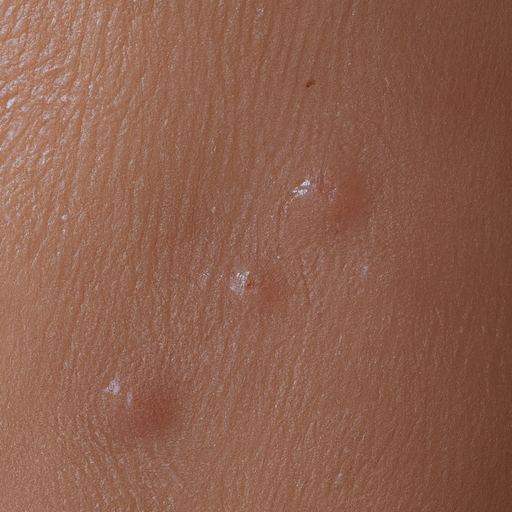As a dermatologist, I often encounter patients who are frustrated with the constant shine on their face due to oily skin. This condition, while not harmful, can be a nuisance, leading to clogged pores, acne, and a perpetually glossy complexion. However, with the right strategies, it is possible to manage oily skin effectively. Here are eight proven strategies to help banish the shine.
1. Cleansing: The first step in combating oily skin is regular and thorough cleansing. Use a gentle, oil-free cleanser twice a day to remove excess oil and dirt without stripping your skin of its natural moisture. Over-cleansing can actually stimulate more oil production as your skin tries to compensate for the loss of its natural oils.
2. Exfoliation: Exfoliating once or twice a week can help remove dead skin cells that can clog pores and increase oil production. However, avoid harsh scrubs as they can irritate your skin and exacerbate oiliness. Instead, opt for products with alpha or beta hydroxy acids that gently exfoliate and help control oil production.
3. Moisturizing: Many people with oily skin skip moisturizer thinking it will make their skin oilier. In reality, moisturizing helps balance your skin’s oil production. Choose a lightweight, oil-free moisturizer that won’t clog your pores.
4. Sun Protection: Sun exposure can trigger your skin to produce more oil. Always wear a broad-spectrum sunscreen with at least SPF 30. Look for sunscreens designed for oily skin that are non-comedogenic (won’t clog pores) and oil-free.
5. Blotting Papers: These thin, small papers are excellent for quick touch-ups throughout the day. They absorb excess oil on the surface of your skin without disturbing your makeup or causing dryness.
6. Diet: What you eat can affect your skin’s oil production. Diets high in sugars, fats, and processed foods can stimulate oil production. Opt for a balanced diet rich in fruits, vegetables, lean proteins, and whole grains to help maintain healthy skin.
7. Hydration: Drinking plenty of water can help keep your skin hydrated from the inside out, helping to balance oil production. Aim for at least eight glasses of water a day.
8. Professional Treatments: If your oily skin persists despite your best efforts, consider seeking professional help. Dermatologists can offer treatments such as chemical peels, laser treatments, or medications that can help control oil production.
Remember, everyone’s skin is unique, and what works for one person may not work for another. It may take some trial and error to find the right combination of strategies that work for you. However, with patience and consistency, it is possible to manage oily skin and banish the shine.
Lastly, it’s important to note that oily skin also has its advantages. It tends to age more slowly and develop fewer wrinkles than dry or normal skin. So while it may be a bit more high-maintenance when you’re younger, it could lead to benefits in the long run.



